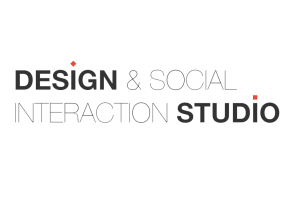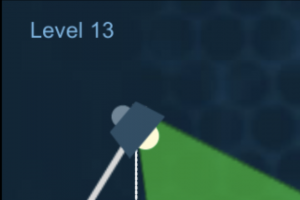Quantum Mechanics (QM) is the foundation for science and engineering disciplines as diverse as semiconductor physics, chemistry, and material science. However, educators face major challenges in teaching QM given the abstract, non-experiential and counter-intuitive nature of its concepts. Further, introductory quantum mechanics courses and texts predominantly focus on the mathematical formulations of the subject and lay less emphasis on its conceptual understanding. As a result students often struggle to develop robust conceptual mental models of QM concepts.
We are exploring supporting material such as interactive visualizations and games for teaching and learning quantum mechanics. Digital games have the potential to facilitate an experiential and conceptual learning of QM. They can immerse their audience in fantasy worlds unlike those experienced in reality where players can observe, experiment with and get "used to" new rules and different phenomena. Further, the inherently repetitive nature of games is conducive to learning complex concepts such as probability. Psi and Delta is a digital collaborative game where students work together in pairs to navigate quantum systems.

Design and Social Justice Studio brings an interdisciplinary group of faculty and students together to examine the experiential and participatory dimensions of digital media and their relationship to establishing and supporting democratic forms of social interaction. Research at the studio spans both theoretical inquiry and experimental design, situated at the intersection of Design, the Humanities, and Human Computer Interaction. We design and investigate a variety of design products and services (e.g., locative media, visualizations and mapping, policy media, social and educational media) drawing on a range of design methods and strategies, most notably participatory and co-design methods, ethnographic methods, and experimental designs.
Projects are often in collaboration with other units on campus, other schools, as well as local non-profit organizations. Among current collaborators are Schools of Public Policy and Electrical Engineering at Georgia Tech; the iSchool at the University of British Columbia; Mayo Clinic; and local organizations such as Marcus Autism Center, Children's Healthcare of Atlanta, Fulton County Department of Health, and Central Atlanta Progress.



